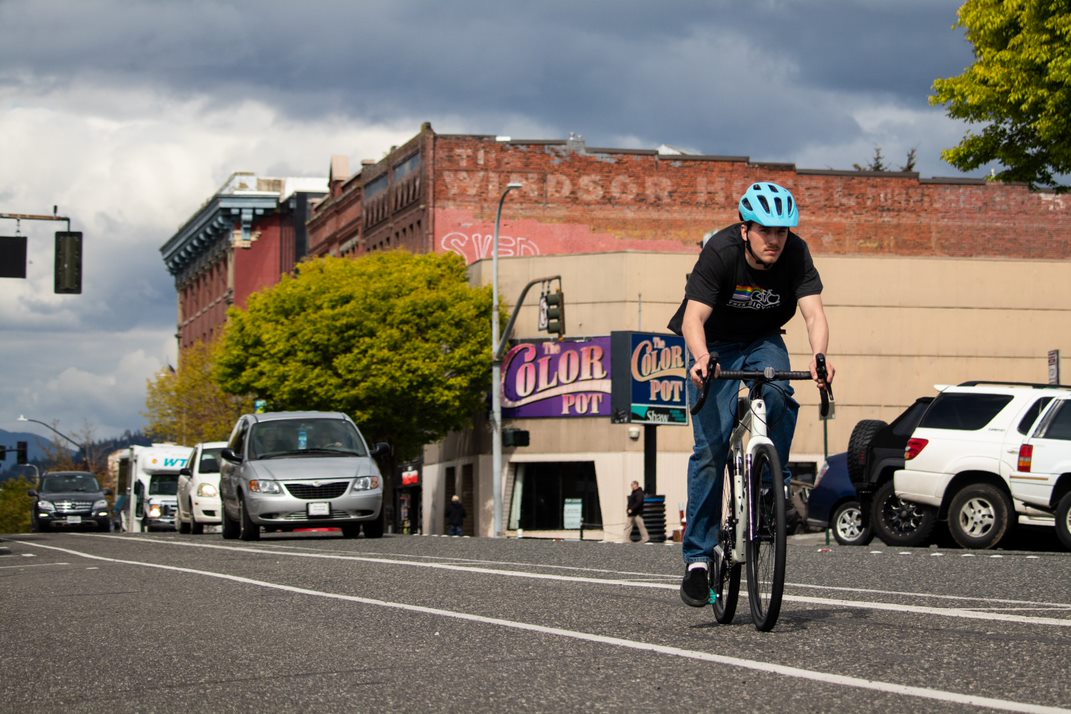A few dozen community members attended an open house on the pedestrian plan Wednesday night, with so

Already a subscriber?
Log inOr become a subscriber today and get unlimited local news and information that matters to you.


Or become a subscriber today and get unlimited local news and information that matters to you.
Email newstips@cascadiadaily.com or Call/Text 360-922-3092